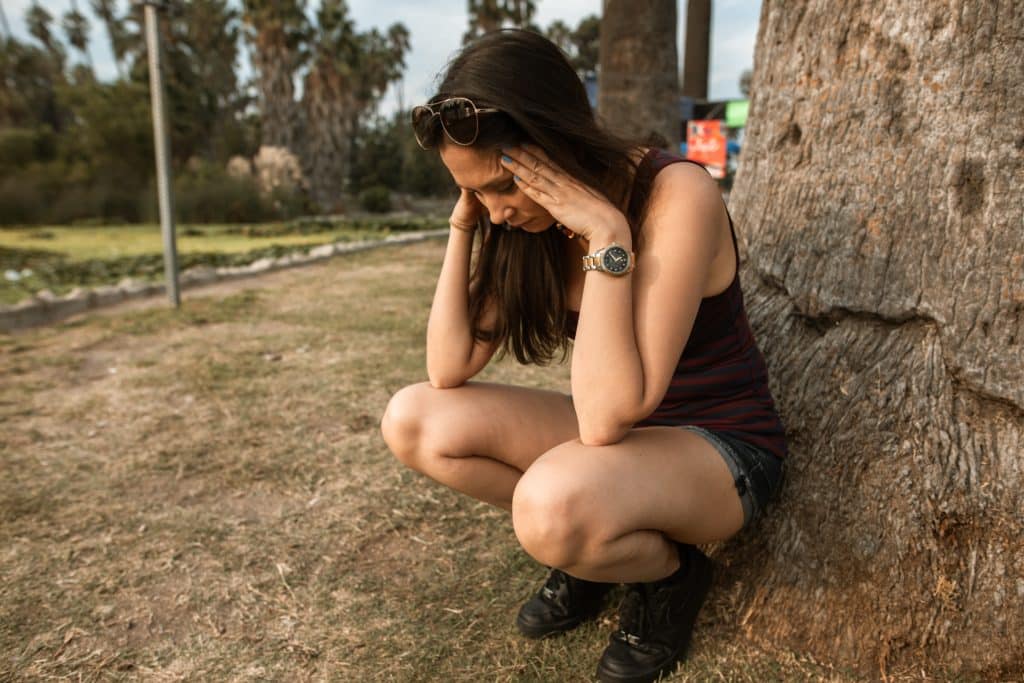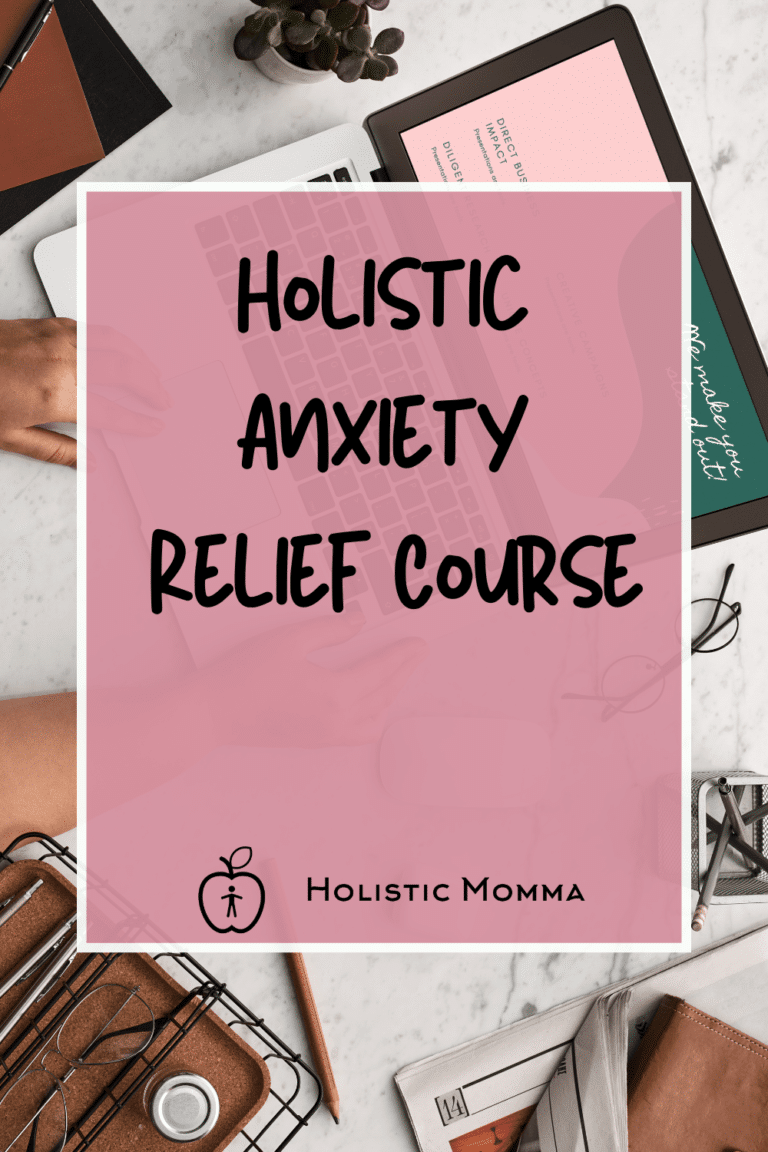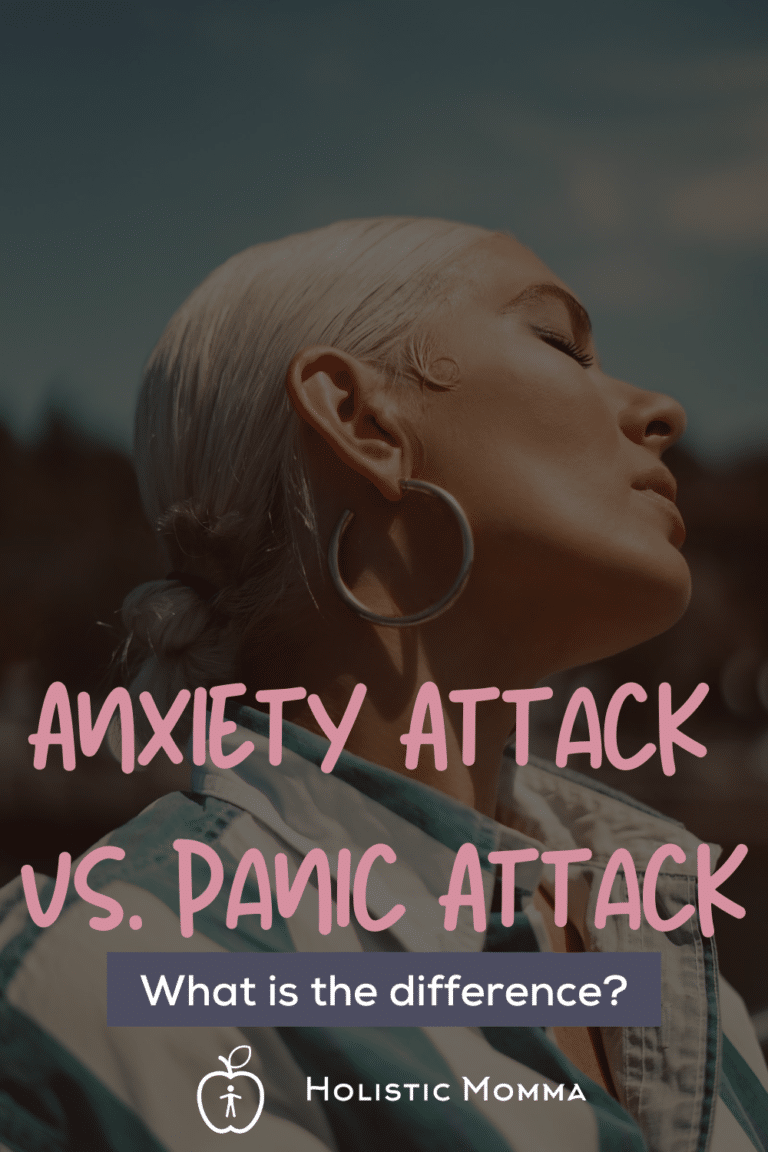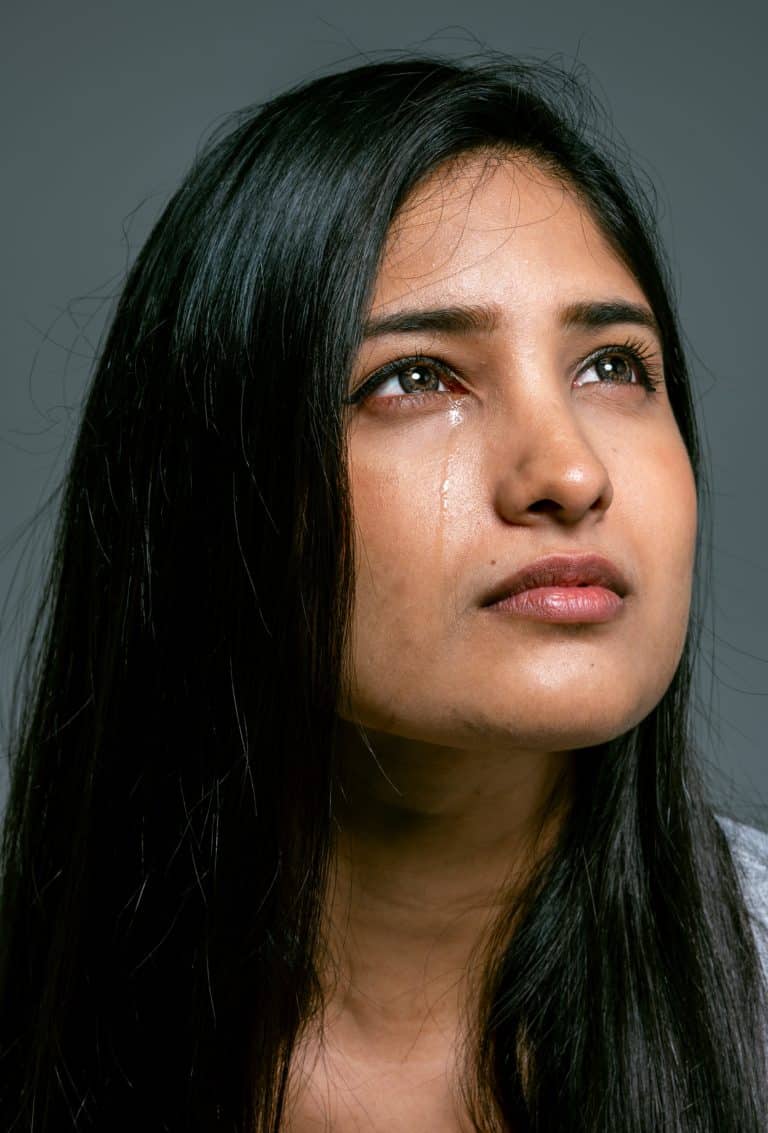How Long Does Anxiety Last & What Is The Best Cure?
Anxiety is a feeling of unease, such as worry or fear, that can be mild or severe. It’s normal to feel anxious from time to time, but how long does anxiety last and how do you know when it becomes too much? In this blog post, we’ll explore how long anxiety lasts and what it feels like for those who suffer from it.
Table of Contents
Does anxiety go away on its own?
No, usually anxiety does not go away on its own. There is what is called “normal anxiety” which is a healthy level of protection your mind creates in order to help you avoid harmful situations.
The most common form of treatment is Cognitive Behavioral Therapy (CBT), which helps to change how you think and act when faced with different scenarios that cause distress or worry. CBT often works well for short-term feelings of anxiety but it may take longer than expected if the causes are more long-term in nature.

How do I know if my anxiety is getting too bad?
Anxiety becomes problematic when it leads to depression or starts affecting relationships at home, work, or school.
Feeling anxious all the time can also lead to health problems such as high blood pressure and insomnia so getting help from a medical professional could be beneficial before things get worse!
When it takes over your life or makes you come across as “angry” when it may just be a panic attack that makes you feel out of control and needs a breather.
Can anxiety last for weeks?
Yes, anxiety can last for weeks. In some cases, it may become a chronic condition that is ongoing and lasts for months or even years on end which makes coping extremely challenging.
It’s very common to struggle with anxiety for a longer period of time until you are able to figure out why you suffer from anxiety and how to deal with it. That is why I have a course on Holistic Anxiety Relief, I created it to help anxiety sufferers find where their anxiety comes from, natural ways to cope with it, and how to track it.
- -How to Learn relaxation techniques you can do anywhere.
- -Identify anxiety in yourself and others.
- -Learn how to better react to situations and set a firm foundation for dealing with stressful situations.
- Use Natural Supplements, Dietary, and Lifestyle changes to help you feel less anxious sooner.
- I am a Counselor in Training, so I share what I learn through my education and experience and the price will go up shortly--- However! You will get all of the free updates I make to the course at no additional charge to you! As I learn through research, my education, and personal experimentation of new supplement regimens I will share them with you!
So how long does anxiety last?
Unfortunately, there’s no exact answer because every person with symptoms of anxiety are different from one another so how long your symptoms will persist depend mostly on how severe they are and how well you respond to forms of therapy such as CBT.
Cognitive Behavioral therapy is one of the many types of therapies that are offered by counselors but is a very common therapy used to help in rewiring anxious thoughts. If you are willing to put in the true work that is required to be mindful of your anxious thoughts then you can see relief sooner than later.
When it comes to improving your anxiety or any concern you have for your life, you have to really want to fix it. This means when you are working on improving your anxiety it becomes a very high priority. This is of course when referring to efforts in therapy, however, chemical imbalances and other traumas may have occurred that may need resolving before being able to minimize your anxiety symptoms.
If your symptoms don’t improve after several sessions of talking about them then medication might be required depending on what type of disorder(s) you’re diagnosed with.
Is there a cure for my anxiety?
There’s no magic pill that can completely get rid of how long your symptoms will last but medication (or supplementation) and CBT usually go hand in hand to help relieve the effects so you feel better more quickly than if treatment wasn’t used at all.
However, you can check out my Holistic Anxiety Course as mentioned above, I have suffered from anxiety for many years and this is how I cope with it naturally. In addition, I am a therapist in training so I will be updating the course with relevant information to help you as I continue my educational training.
Prescription medication is also highly encouraged if how long your feelings of anxiety persist cause physical pain or discomfort rather than just psychological stress which makes it difficult to live normally on a day-to-day basis.
If you’re looking for ways on how to cope with an anxious lifestyle then check out this article where we discuss techniques like meditation, exercise, and music therapy!
What are the symptoms of anxiety?
Anxiety can be a symptom of other disorders such as Obsessive-Compulsive Disorder (OCD) or Post-Traumatic Stress Disorder, but how long the feelings last and how intense they depend on each individual case.
Being aware of what anxiety looks and feels like can be very helpful to understand how to deal with it.
Common symptoms include:
- racing heartbeat
- sweaty palms
- muscle tension in shoulders and back
- rapid breathing which leads to hyperventilation if left untreated
- headaches
- nausea
- an upset stomach
It’s important to remember that these physical signs of anxiety feel very real so don’t brush them off until you know exactly what’s causing them because it could lead to more serious conditions down the road.
If you want to learn more about the side effects of anxiety, click to read more.
What does anxiety look like?
Anxiety can cause a person to have an increased heart rate and how long it lasts is usually due to how intense the feelings are.
Some people may experience anxiety as more of a physical symptom while others will feel emotionally overwhelmed which leads to stress on both fronts.
In some cases sufferers find themselves unable to handle how they’re feeling so they retreat from social situations in order for them not to be around anyone else until their symptoms go away, this would qualify as having “anxious avoidance” which could lead to depression if left untreated over time.
Originally posted 2021-11-05 04:08:19.
Megan Santiago
Latest posts by Megan Santiago (see all)
- How to Find a Trauma Therapist in Tampa - September 30, 2024
- The Best Essential Oils for Adrenal Fatigue - March 10, 2024
- The Best Ashwagandha Supplement – It Works Fast - March 10, 2024




